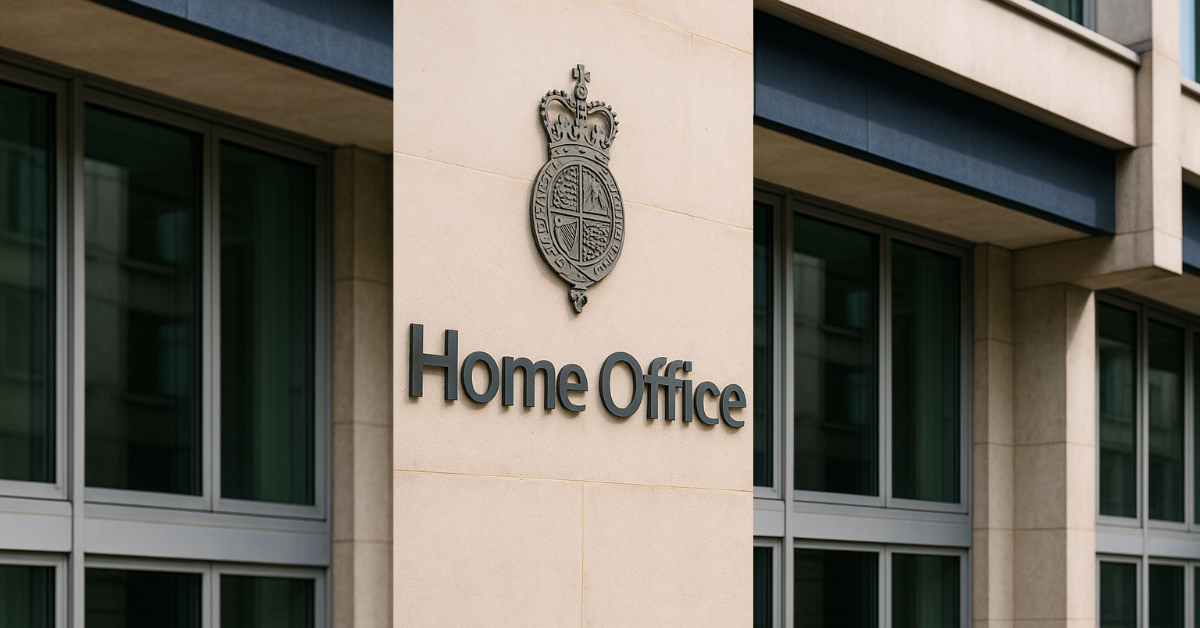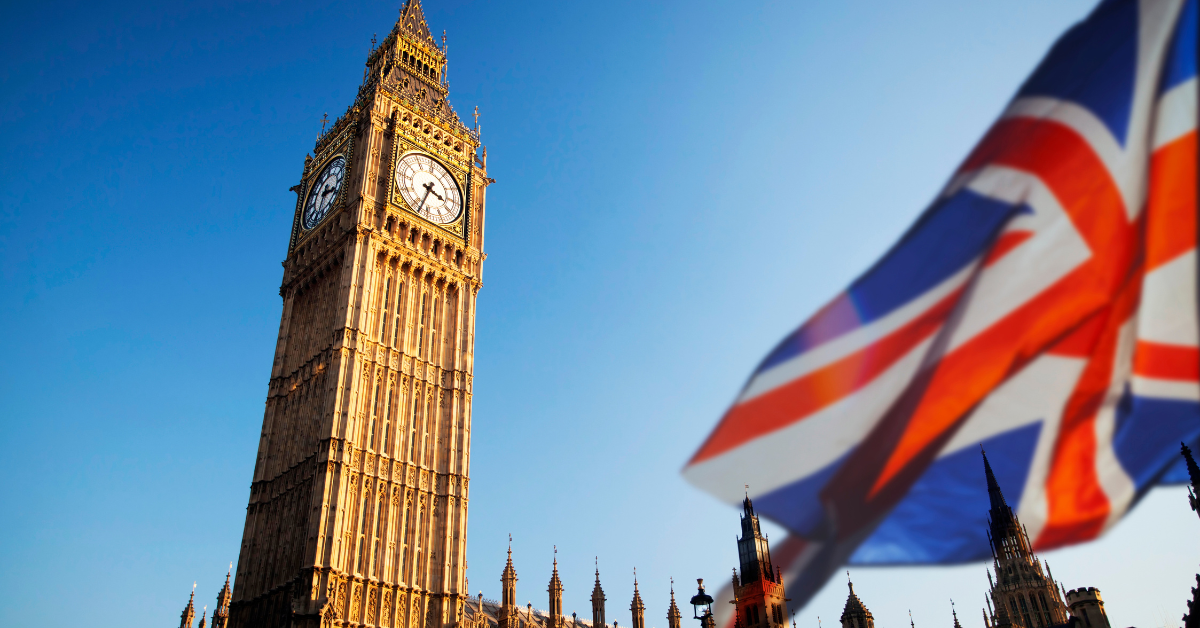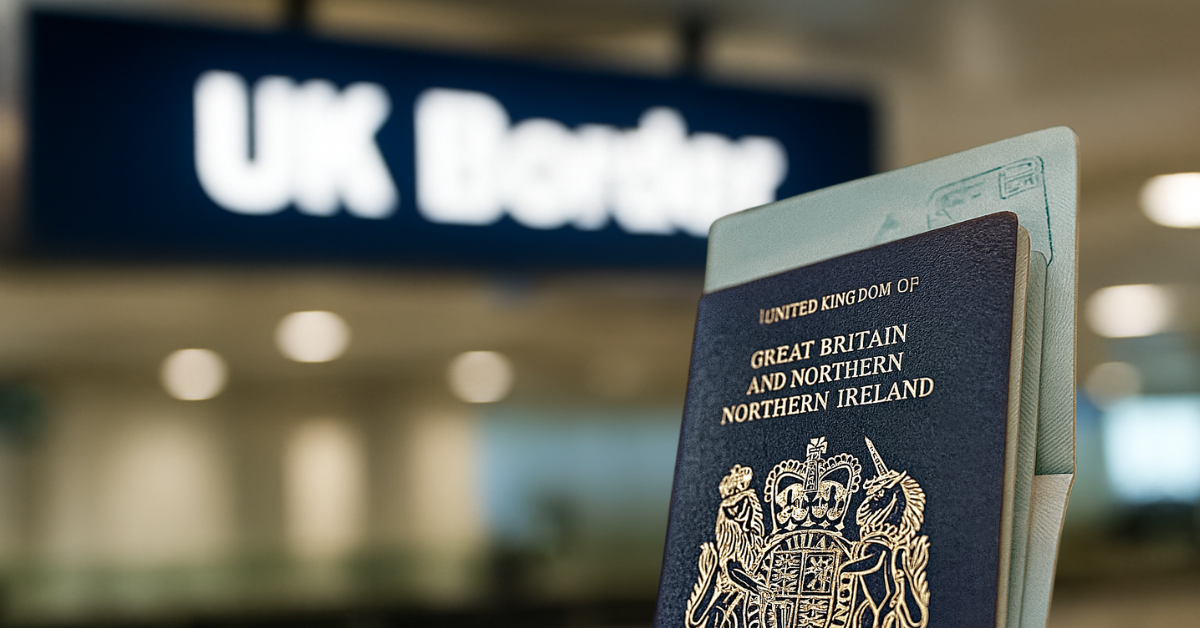
The Rwanda Plan
The Rwanda asylum plan is an immigration policy created by the UK government whereby some asylum seekers who arrive in the UK may be relocated to Rwanda.

Karen Halliwell
The UK-Rwanda deal explained
The Rwanda asylum plan is an immigration policy created by the UK government whereby some asylum seekers who arrive in the UK may be relocated to Rwanda.
What is the Rwanda plan?
On the 14th April 2022, the UK Government announced a new migration policy - which has informally been known as the Rwanda asylum plan. In short, the Rwanda asylum plan is a five-year trial whereby some asylum seekers who have arrived in the UK will be sent to Rwanda. Under the Rwanda immigration plan, these individuals will not be able to apply for asylum in the UK and will be able to apply for asylum in Rwanda or seek asylum in another ‘safe third country’.
This plan has been introduced in an attempt to redress a perceived imbalance between illegal and legal migration routes. The government has now made provision for those travelling to the UK through methods considered to be illegal, dangerous and unnecessary to be considered for relocation to Rwanda.
Why Rwanda?
The exact reason as to why Rwanda has been selected to send asylum seekers to is unclear. This is because the new Memorandum of Understanding between the two countries was never scrutinised before Parliament, or voted upon before it was signed off and pushed through. Rwanda may have been selected because other countries have tried the same model with Rwanda before (unsuccessfully, it should be said) so a framework was already there. However, the exact motivation behind the UK-Rwanda partnership remains unclear.
The official line on the new UK-Rwanda migration partnership is that it builds on wider collaboration with Rwanda on many shared issues, including efforts to combat climate change and delivering UK Aid. It is also set out officially on the Gov website that part of the reason for choosing Rwanda is that it is a State Party to the 1951 UN Refugee Convention and the seven core UN Human Rights Conventions (although their adherence to those fundamentals is currently the subject of litigation).
What is the purpose of the Rwanda asylum plan?
The introduction of the Rwanda asylum plan is a result of the government’s snap response to the much higher numbers of those coming to the UK via the English Channel recently. The UK government maintains that the policy will discourage people smuggling, and should, eventually, close illegal immigration via this route. Back when the UK was still a formal member of the EU, the Home Office was able to return migrants back to a safe third country in which the migrants were likely to have passed through on their journey to the UK. However, the UK’s departure from the EU has meant that the Home Office no longer holds these powers.
As a result of the Rwanda asylum plan, if it is found that an individual who is seeking to claim asylum in Britain:
-
Passed through a country where they could have or did apply for asylum and;
-
Can easily be removed to another country that the UK government has an agreement with.
Then their asylum claim will not be assessed in Britain.
Speak to an immigration advisor
If you receive a deportation notice, it is vital that you act quickly and gain legal representation to help you to appeal the decision. Our expert immigration solicitors are able to assist you to prepare and submit the strongest case possible by adhering to the latest immigration laws and ensuring that all evidence is gathered.
Inadmissible asylum claims and the Rwanda Plan
When the UK left the EU, many laws and regulations no longer applied to the UK. For instance, the Dublin Regulations which set out which country was responsible for looking at an individual’s asylum application no longer applied to the UK. In its absence, the UK government created a set of ‘inadmissibility rules’ whereby if an asylum case was deemed as inadmissible then the Home Office would not have to consider the claim in the UK. An inadmissible asylum claim is one in which:
“The claimant was previously present in or had another connection to a safe third country, where they claimed protection, or could reasonably be expected to have done so, provided there is a reasonable prospect of removing them in a reasonable time to a safe third country.”
The introduction of the Rwanda plan means that any individual who has been deemed as having an inadmissible asylum claim could potentially be sent to Rwanda.
It is important to note that inadmissibility does not only relate to those claims being considered under the Rwanda immigration plan. The Home Office publishes specific guidance on inadmissibility. You can read the most recent Home Office guidance on inadmissibility here.
Who can be sent to Rwanda?
Under the Rwanda plan, any adult who comes into the UK without authorisation – via train, boat or plane – could be considered for relocation to Rwanda. However, the Rwanda plan does not affect those individuals whose claims were made before the 28th June 2022, nor does it apply to protection claims made by EU nationals, Unaccompanied Asylum Seeking Children, families with children (separate policies apply). There will be other circumstances where inadmissibility is not appropriate, and it remains to be seen what the courts will make of those cases.
How many people could be sent to Rwanda?
The UK government has suggested that anyone who meets the criteria laid out previously could be sent to Rwanda. However, the exact number of people who could be sent to Rwanda remains uncertain as the plan is apparently uncapped and Rwanda supposedly has the capacity to resettle tens of thousands of people. To date however, no asylum seekers have been sent to Rwanda due to the legal challenges which the Rwanda asylum plan presents.
How will individuals know if they are affected by the Rwanda plan?
People who the Home Office will consider for relocation to Rwanda can be detained or non-detained. Anyone who is considered for relocation to Rwanda will have this confirmed in a Notice of Intent document.
If you receive a notice of intent or require assistance with an immigration matter of this nature, contact our asylum and human rights specialists on the details below.
The legal challenge
The Rwanda plan has faced many legal challenges.
On September 5th 2022 the first hearing took place to decide on the lawfulness of the Rwanda plan. The focus of this hearing was on the appropriateness of Rwanda, and whether those asylum seekers sent there would be safe. Following the hearing the United Nations High Commissioner for Refugees (UNHCR) was granted permission to intervene in the planned flights. The hearing concluded that no individuals should be relocated to Rwanda due to the deficiencies in Rwanda’s asylum system.
A further hearing took place in October, whereby Asylum Aid presented their challenge. Their challenge focused on the decision making of the process and whether it is fair. Further cases were presented which focused on other aspects of the Rwanda plan.
The decision and what this means
On Monday 19th December 2022, the High Court ruled that the UK’s Rwanda plan is legal and that it does not breach the UN’s Refugee Convention or human rights laws.
Despite the verdict, the UK Government won’t be able to implement their plan straightaway as there is still an interim measure in place from the European Court preventing removal until 3 weeks after delivery of the final domestic decision in ongoing judicial review proceedings. It is highly likely the Claimants will lodge appeals to the Court of Appeal at the earliest convenience. It appears likely therefore that removals will not start to take place for some time. The High Court will make its judgement on whether an appeal is allowed on the 16th January 2023. Even if the High Court does not directly allow an appeal, it is highly likely the Claimants will renew the request directly to the Court of Appeal and the Supreme Court, if needed.
In a High Court hearing on Monday 16th January, migrants who faced removal to Rwanda have won permission to challenge the controversial policy.
In the ruling, the judges said that the migrants could ask the Court of Appeal to assess whether:
-
The arrangements and conclusions relied upon in the UK-Rwanda agreement protect the migrants from the risk of being removed from the UK to somewhere unsafe, and whether this is the correct use of Home Office powers.
-
The policy is systematically unfair as it does not allow for the right of reply or transparency in decision making.
Update
On 29th June 2023, judges at the Court of Appeal ruled that the plan to send asylum seekers to Rwanda could breach human rights. This decision has overturned the High Court’s decision which previously ruled that the plan was lawful.
In their ruling, the judges at the Court of Appeal ruled that there was a risk that people sent to Rwanda would be returned to their home countries, where they face persecution or other inhumane treatment, despite having a good claim for asylum.
In light of this ruling, the UK government has expressed its intention to appeal the ruling.
Get in touch
If you would like to know more about the Rwanda plan or if you would like assistance to claim asylum in the UK or to challenge a deportation order then please get in touch with us.
Subscribe for updates

The deportation process in the UK
Not ready to talk? Our free immigration resources may have the answer to your questions

Global Talent Visa: Eligibility, Requirements and Application Process

Border Security, Asylum and Immigration Act 2025 – What Employers Need to Know
.png)
UK Immigration Rule Changes 2025: Visa and Settlement Reforms Explained
%20What%20Sponsors%20Need%20to%20Know%20(1).png)
Upcoming Increase to the Immigration Skills Charge (ISC): What Sponsors Need to Know

Home Affairs Committee Launches Call for Evidence on Settlement Reforms

UK Immigration Rules 2025–2027: Key Visa & Policy Changes Explained

UK Immigration White Paper 2025: Visa & Settlement Rule Changes Explained

Home Secretary on UK Immigration: Settlement Rules & Border Control
.png)


